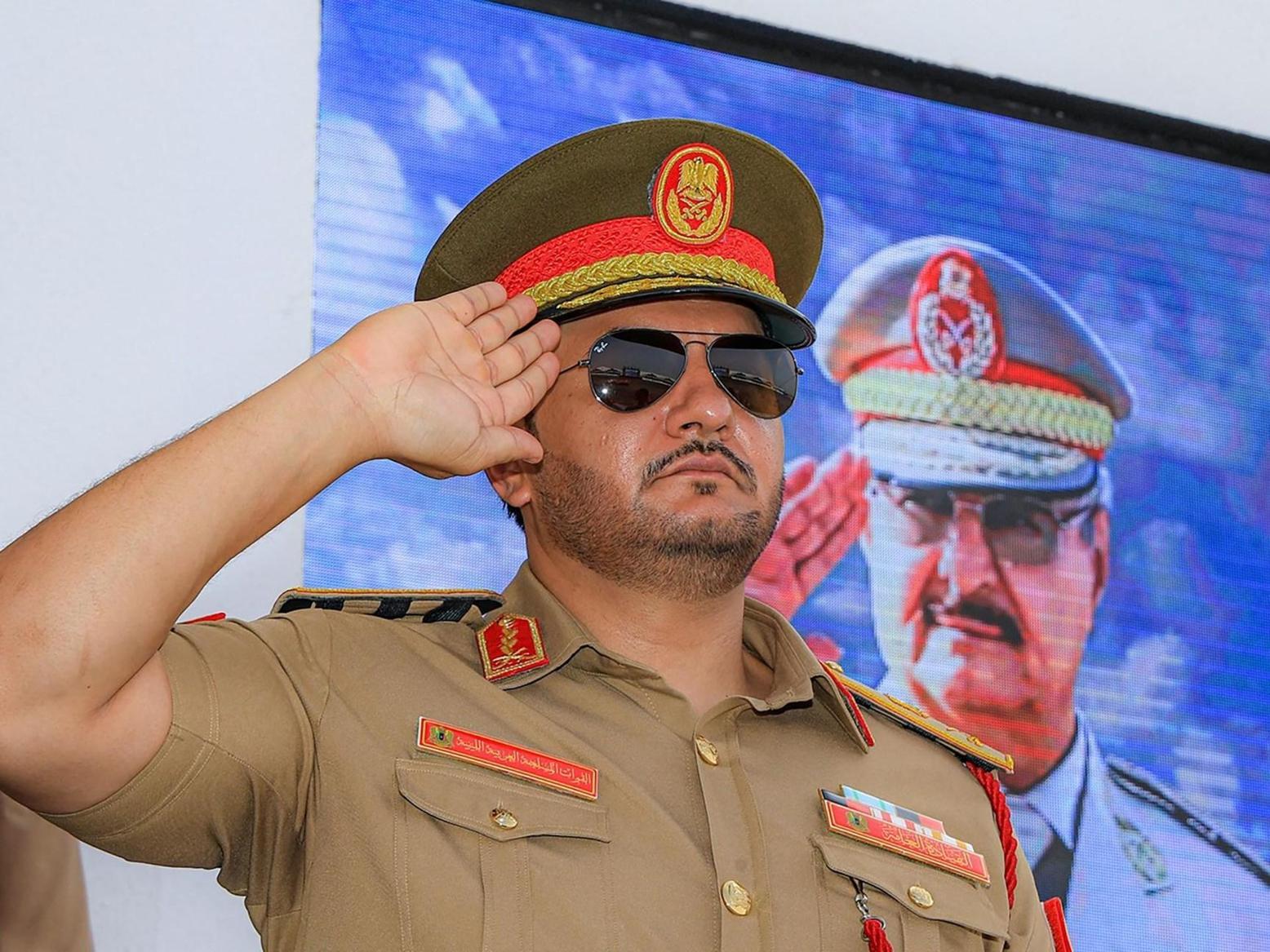What You Need to Know
A joint military force has been established between Khalifa Haftar’s Libyan National Army and the Chadian army, aimed at addressing increasing rebel movements along the border. This collaboration comes amid significant changes in Libya’s military leadership and regional tensions, particularly due to the ongoing conflict in Sudan.
Africa. A local source reported that pro-Haftar media indicated a joint force was established at the end of October between Khalifa Haftar’s Libyan National Army and the Chadian army, under the command of Saddam Haftar, deputy commander of Haftar’s forces.
The report explained that this move comes amid increasing movements of Chadian rebels along the border between the two countries, raising concerns that the repercussions of the war in Sudan could destabilize the region.
The announcement occurs within the context of significant changes in the military leadership structure of the authority controlling eastern Libya, following the appointment of Major General Ahmed Dersi as the head of ground forces, succeeding Haftar’s son, Saddam, who was promoted to deputy commander.
Saddam Haftar’s rise, endorsed by his father Khalifa Haftar, coincides with an increasing effort to extend influence in the region. Major General Dersi will have to navigate fragile balances along the Libya-Chad border, particularly concerning the Tebu tribes.
This general, close to Khalid Haftar, who has extensive connections in the border region, must remain vigilant regarding the Sudanese war, which threatens to extend its effects into the area. Chadian President Mahamat Idriss Déby welcomed this cooperation, although it does not enjoy unanimous support domestically.
The announcement of the establishment of this joint force comes amid a tense regional context, as Chadian rebel movements, which have taken refuge in border areas, seek to unify their ranks, and the war in Sudan threatens to spread in the region.
The local source indicated that Saddam Haftar requested the border guard administration responsible for desert patrols to begin field operations as part of the new joint force. The military media division of Haftar’s camp confirmed that this force aims to support security cooperation between Libya and Chad and enhance efforts to combat “gangs, thieves, and smuggling networks.”
The establishment of the joint force reflects the evolving security dynamics in the Sahel region, where both Libya and Chad face challenges from armed groups and instability. Historically, the border area has been a hotspot for conflict, influenced by tribal affiliations and the spillover effects of regional conflicts, particularly from Sudan, which has exacerbated tensions and necessitated military cooperation between neighboring countries.
In recent years, Libya has experienced significant political and military upheaval, particularly following the fall of Muammar Gaddafi in 2011.






